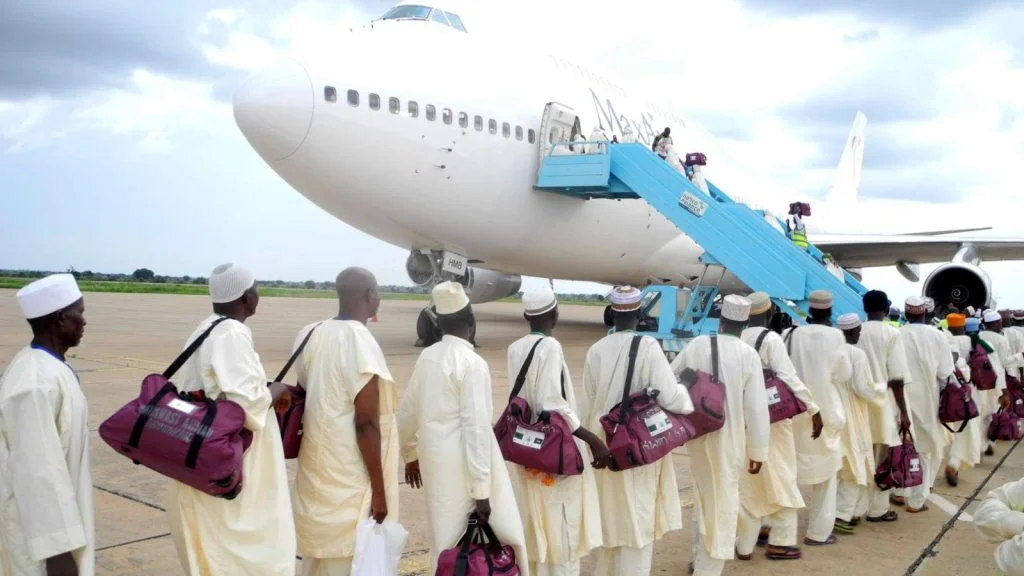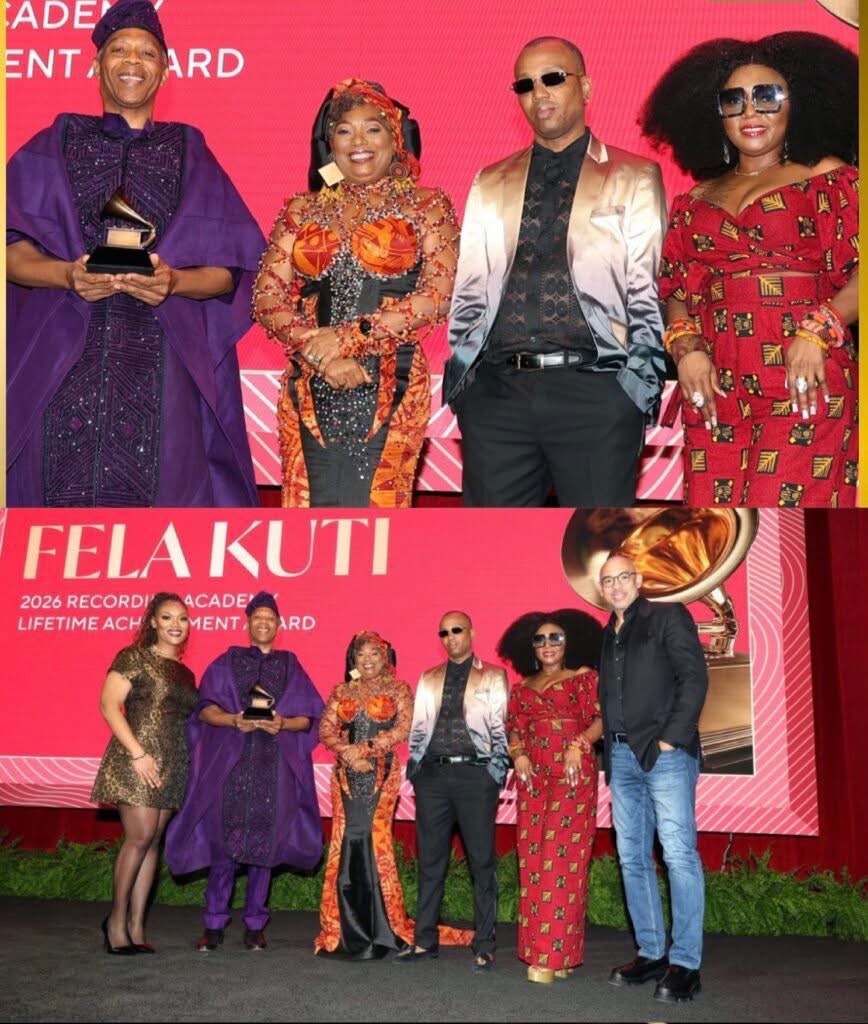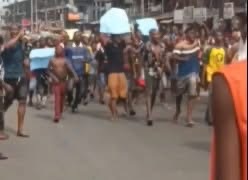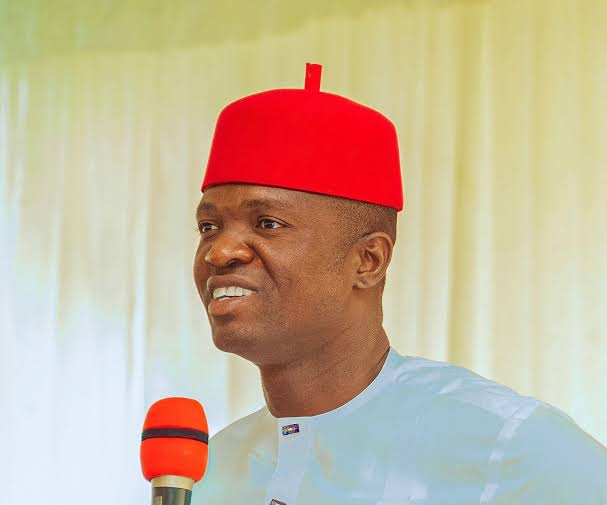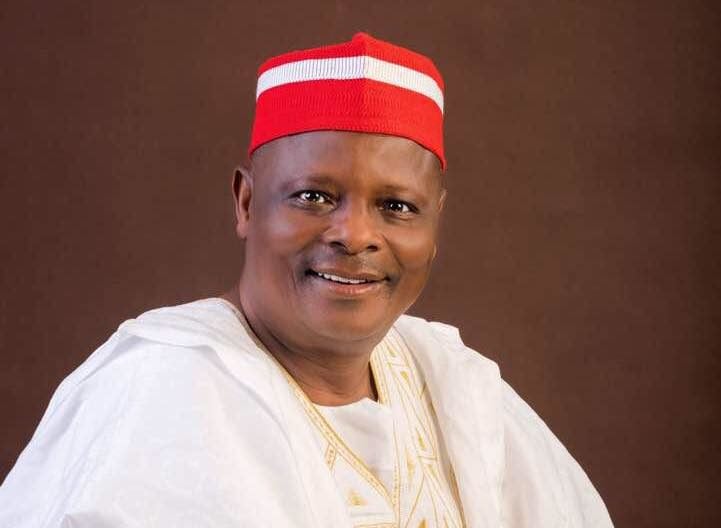
As Nigeria prepares for Governorship and State Assembly elections on Saturday, tensions are high in many areas of the country. Places such as Lagos, Rivers, Delta, Oyo, Benue, Kogi, Kano, and Kaduna are experiencing political tensions. Lagos, in particular, is experiencing ethnic and political tensions. Ahmed Tinubu, the All Progressives Congress (APC) flag bearer, was pronounced as President-elect and given his Certificate of Return by the Chairman of the Independent National Electoral Commission (INEC), Professor Mahmood Yakubu. However, Tinubu lost in Lagos, a place he has always held onto through violence and intimidation, especially in recent years when he no longer enjoyed the genuine support of the majority of the city-state’s residents.
Despite Tinubu’s loss, the President-elect issued a statement sounding unperturbed, as the biggest prize, the Presidency, was already secured. However, the loss took the Tinubu political machine back to the drawing board. The task ahead of them is to win the governorship election and return Babajide Sanwo-Olu to a second term. The ethnic nature of the tension building up in Lagos has nothing to do with Yoruba versus Igbo, but some evil narratives are circulating, attempting to get the Yoruba to see it as a showdown between Igbo and Yoruba.
There is a subsisting geopolitical partnership between the Igbo and Yoruba socio-cultural leaders of thought. This was evident when Pa Ayo Adebanjo, the Afenifere leader, campaigned for the Labour Party presidential candidate, Peter Obi. The gesture was a reciprocation of Igbo magnanimity to Yoruba when Olusegun Obasanjo twice contested for president. Ndi Igbo massively voted for Obasanjo even when his kinsmen, including Afenifere, rejected him. Yoruba benefited from the rotational bonanza of the Peoples Democratic Party (PDP), with the Igbo in full support. Ndi Igbo did the same for the North and Ijaw.
Tinubu and his group are playing the ostrich with this reality. They are ignoring the fact that many of their people are tired of the party’s dictatorship. The Igbo Lagos residents have no electoral power to depose Tinubu and the APC without the active propulsion of the disenchanted indigenes. We hope the election ends peacefully and all the contestants are embraced, as they are all ethnic Yoruba.
In Abia State, Alex Oti’s time has come. The state has been under the jackboots of the PDP for the past 24 years, which is too long for any party to stay in power in a multiparty democracy. Healthy competition and frequent changes of government among parties are best for any polity. Abia State remains one of the most backward states in the federation, despite being a small state with only two major towns. In 2015, Alex Oti joined the All Progressives Grand Alliance (APGA) after his bid for the PDP ticket was upstaged. He won the election, but his victory was hijacked in broad daylight and on live television by PDP leaders in cahoots with the INEC collation officers.
The Army, Police, and security agencies must protect the vulnerable and allow voters to choose their leaders.
Advertisement
